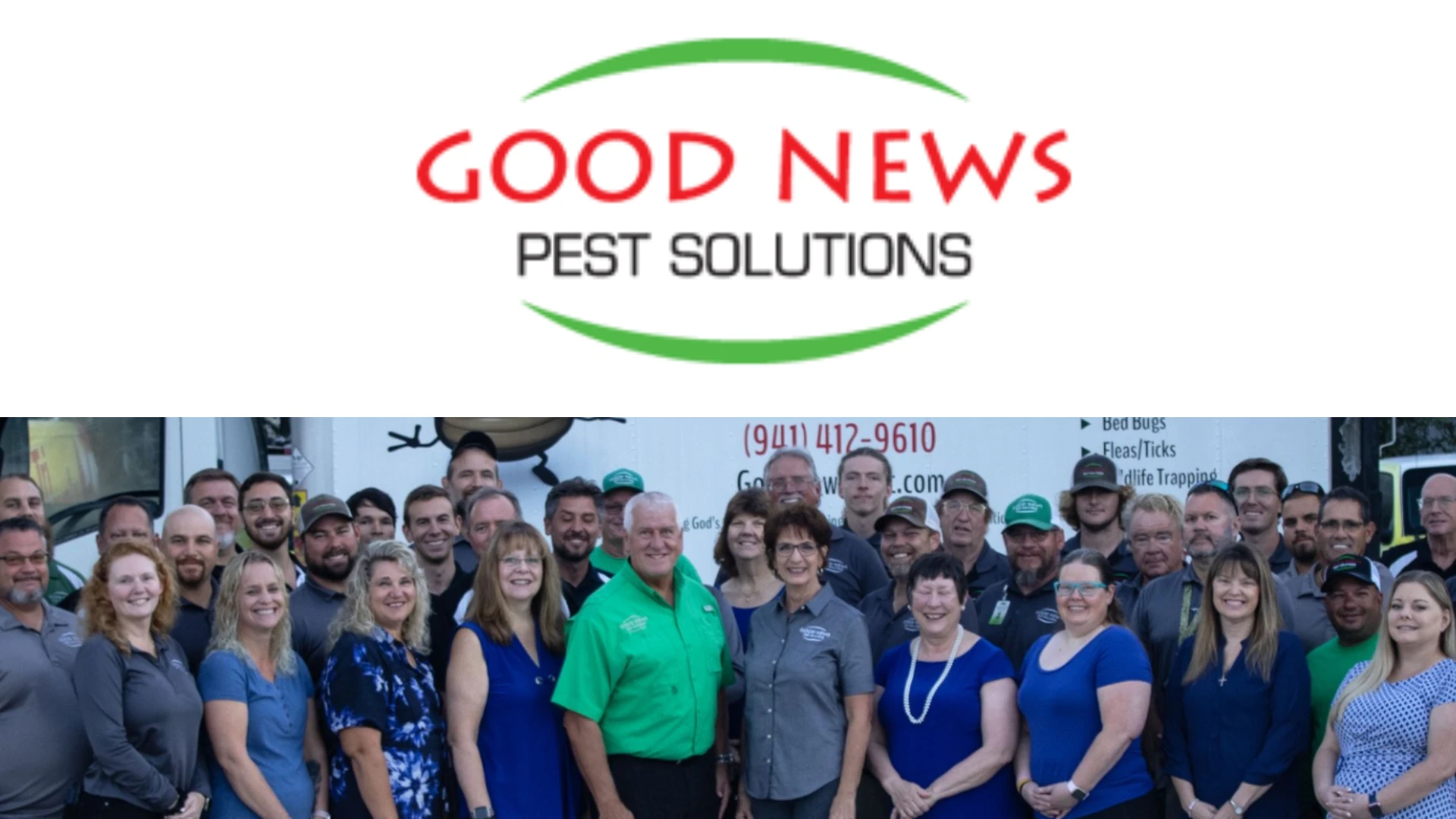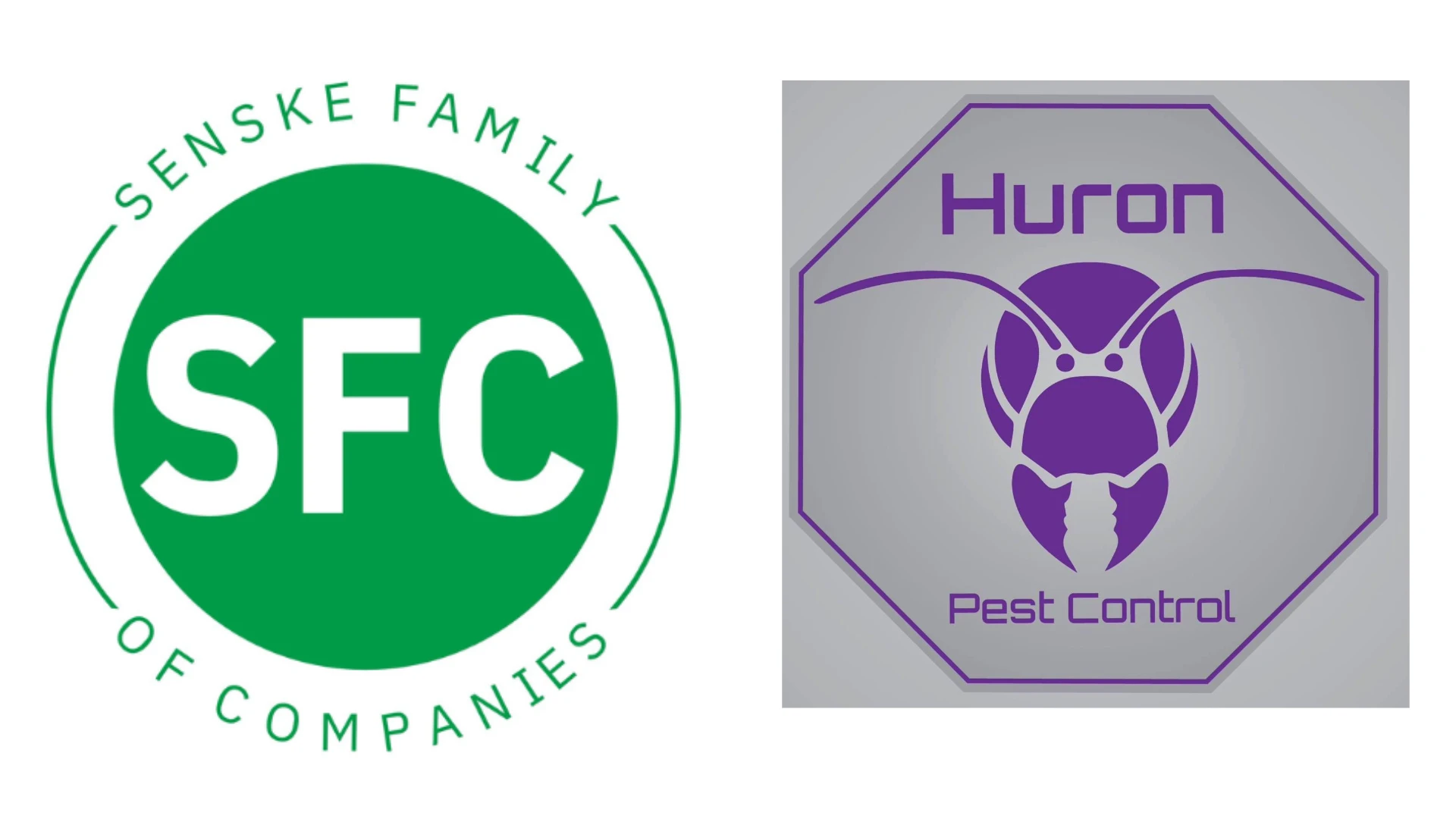Many pest management professionals have found bioremediation drain cleaning to be an attractive and profitable add-on service.
One of the most sure-fire ways a PCO can grow his or her business is by selling new services to existing customers. A relatively new service that many innovative PCOs have found to be popular with commercial customers is drain cleaning.
At one time drain cleaning involved pouring harsh chemicals down a drain to break down clogs. However, in the last 20 years, researchers have made significant strides in the development of bioremediation drain cleaning products. Bioremediation is the use of microorganisms (e.g., bacteria) to break down organic matter.
Bioremediation drain products, regularly applied, can provide long-term relief from filth flies breeding in drains. Several bacterial drain products are available to apply into drains to control small flies such as phorid, fruit and moth flies. Properly used, these products have demonstrated success in eliminating flies breeding in the drains and in preventing infestations.
Gene White, training and technical director, Rose Exterminator Co., Troy, Mich., said he and others at his company recognized the potential for offering bio-remediation services by observing drainage problems in many of their accounts.
"A lot of our accounts that we are at every day have drainage problems," he said. "We also knew that if we could somehow keep the drains free and clear of organic buildup that it would also aid our efforts in fruit, moth and drain fly management, so it made sense for us to look into this line of work."
In addition to keeping pipes clean and pest free, bioremediation drain products can control odors from grease and "gunk" that can cause costly down time and they can reduce the frequency of waste management services per facility. Bioremediation is also an attractive service to customers, especially sensitive accounts, because it is non-toxic, normally non-pathogenic and non-hazardous. Rick Muscarella, owner of Ashland Pest Control, Buffalo, N.Y., said bioremediation products have been a perfect fit in his company, which is continually in search of alternative pest control methods. "We like these products because they are non-pesticidal," he says. "They fit into our IPM program very well."
CUSTOMER COOPERATION. Although there is great potential for growing one’s business by selling bioremediation services, there are a number of factors PCOs should consider before getting involved in this line of work. Like other types of pest control, bioremediation services are heavily dependent on customer cooperation. Good sanitation practices on the part of the customer reduces drain blockage and allows bioremediation drain products to work more effectively.
"You can’t constantly throw grease products down the drain," said Jeff Maslan, project development specialist and entomologist, Western Industries, Parsippany, N.J. "A lot of waste that accumulates in drains is employee-related. If the customer continues to dump excess amounts of foods down the drain, they will not give the good, digestive microbes a chance to be successful."
Should a PCO encounter a drain or grease trap that is filled with tremendous amounts of organic matter, he or she should remove as much of the "gunk" as possible with either a wire brush or one of the many available cleaning tools (e.g., steam cleaners) before using any type of bioremediation product.
It’s also important for PCOs not to sell bioremediation services as a cure-all. The only method for eliminating an infestation of small filth-breeding flies is to find and remove all current and potential breeding materials. Small fly breeding sites can be found in a variety of non-drain locations. For example, small filth flies have been found breeding in moist brooms, mops, mop buckets and in mop storage rooms. No product or technique will be effective unless breeding sites are eliminated. In most cases, several breeding sites will be present when flies are a problem.
Potential breeding sites that have not been infested must be removed. If not, flies will migrate to these sites when the infested breeding sites are destroyed. This is critical in all applications.
Another factor to consider is waste water removal. PCOs should consult with the customer to see if they are affiliated with a waste water removal company and the steps a PCO should take if this is case.
Structural differences are also an important consideration. Large accounts may be filled with a variety of challenging drains; therefore, the bioremediation product may have to be applied differently or perhaps not even used at all.
"Find someone willing to teach you the technology of how the product works and how to set up the account properly," White said. "Food preparation and manufacturing facilities all have different kinds of drains and drain systems and different places where drains flow to."
Maslan added that preparation includes equipping service technicians with the proper protective gear such as rubber gloves, disposable coveralls and a protective mask. He said that the foul smell coming from clogged drains sometimes can be overwhelming.
PRICING FACTORS. Despite some drawbacks, the upside to bioremediation drain cleaning services makes it appealing to many customers. After all, what customer wouldn’t want to have drains that flow more freely, have fewer pest problems and emit fewer odors?
It is for these reasons that bio-remediation services can be sold to customers. They also can be sold to customers in a number of different ways. For example, PCOs can sell the service individually to customers who have a particular problem. "Several of our accounts already have contracts for pest control with another company, but not bioremediation, so that gives a chance to keep our foot in the door," said Jeff Ratliff, sales representative, Wil-Kil Pest Control, Milwaukee, Wis.
Bioremediation can also be sold as an add-on service. However, some say this can be a tough sell. "If the account doesn’t have a problem — such as a small fly problem, clogged drain or an odor problem — it can be hard to promote," Ratliff added. "Their attitude is, ‘If it isn’t broke, don’t fix it.’"
Some PCOs have tried to package drain cleaning as part of an overall sanitation program, which may include eliminating other conducive pest conditions from an account (e.g., using caulk to seal cracks).
How much does a PCO charge for bioremediation drain cleaning services? The biggest variable to consider is the size and type of account. For a small account with one type of drain, this service could cost as little as $30, whereas a large nursing home with numerous floors, drains and drain types, could cost $1,000 or more.
While prices in the thousand-dollar and higher range may seem steep, it is important for PCOs to remember the value of the service they provide. "In the case of a nursing home you are eliminating an odor and killing bacteria in a sensitive environment and you are using a non-toxic product," Ratliff said.
CONCLUSION. As PCOs continue redefining their roles in the 21st century, they will be marketing themselves more as "service providers" and less as "bug killers." This means they need expanded service offerings.
Although only in its early stages, bio-remediation services have shown great potential. Like other types of pest management, drain cleaning is a service that has both an aesthetic (e.g., odor elimination) and a health value (e.g., eliminating disease-carrying filth flies).
Drain cleaning is also similar to other types of pest control in that it includes a number of challenges. It is highly dependent on effective customer communication and knowledge of the facilities in which the work is being done. Having considered both the economic potential as well as the variables involved in drain cleaning, many PCOs will decide this line of work will help them grow their businesses in the new millennium.
Non-Drain Use Of Biologicals
Some species of small filth-breeding flies breed in organic matter in sites other than drains. Garbage containers, mops and kitchen equipment are all non-drain sites that can accumulate organic matter. Also, many restaurants, bakeries and food-processing facilities use water hoses to clean the floors, which forces food debris under equipment where it ferments.
Techniques for gaining control over these infestations are similar to those used for drains, i.e., the breeding sites must be removed. Traditionally, biologicals have been sprayed into these non-drain breeding sites and this technique is effective if a regular schedule is maintained. New floor cleaner/biological degrader combination products have been designed to be used on all washable floor surfaces and establish the bacteria colonies necessary to remove organic material from potential breeding sites during daily floor mopping. The unused mop water can then be used to treat the floor drains.
Customers of Paul Juneau, Deluxe Pest Control, New Orleans, have eliminated fruit fly infestations using such products. "We try to teach our customers techniques they can use to control fly populations between our service," he says.
Juneau encouraged owners of a local restaurant with a fruit fly problem to thoroughly clean under and around equipment. They hosed down all floor surfaces and drains. Although the fly problem decreased temporarily, soon after, the moisture left behind encouraged a rapid repopulation of fruit flies.
It was then that Juneau supplied the restaurant owners with BioMop from American Bio-Systems Inc., one of a variety of floor cleaner/biological degrader combination products now available. The restaurant owners used it and almost immediately, the fruit fly problem disappeared. The owner continues to mop and follow up by hand-spraying BioMop on all floor surfaces and up six inches on the walls, Juneau reports. — Joe Clark, president, American Bio-Systems Inc.
The author is managing editor of PCT magazine and can be reached at bharbison@pctonline.com.
WANT MORE?
Enter your email to receive our newsletters.

Explore the June 2001 Issue
Check out more from this issue and find your next story to read.
Latest from Pest Control Technology
- Webinar: Employee Incentives — Going Beyond the Annual Raise
- Pest Control Companies Helping Neighbors in Need Eradicate Bed Bugs
- Why Does Marketing Feel So Opaque?
- How Did This Pest Get Its Name?
- Rose Pest Solutions Honors Top Performers with Annual Chief’s Club Awards
- Doug Foster on Termite Control Equipment, Resources
- Pest Control Consultants Acquires EcoGuard Pest Control
- Pest Index Increased 9 Percent YOY in February






